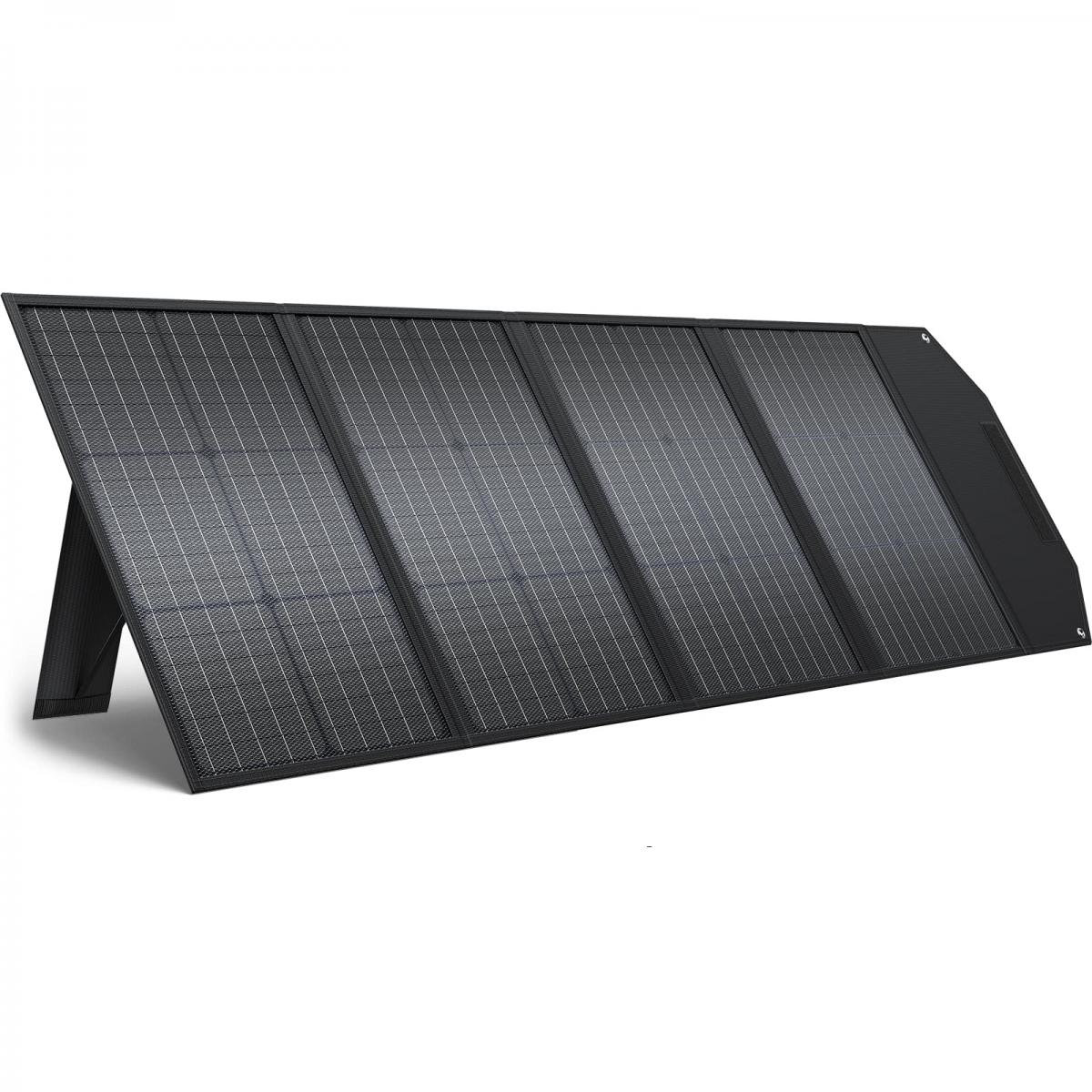How Do I Clean My Solar Panels?
Cleaning solar panels is a crucial maintenance task that ensures they operate at maximum efficiency. Over time, dust, dirt, bird droppings, and other debris can accumulate on the surface of solar panels, reducing their ability to absorb sunlight and generate electricity. In this article, we will explore the best practices for cleaning solar panels, the tools and materials needed, and some tips to ensure you do it safely and effectively.

Why Cleaning Solar Panels is Important
Solar panels are designed to capture sunlight and convert it into electricity. However, any obstruction on the surface of the panels can significantly reduce their efficiency. Studies have shown that dirty solar panels can lose up to 20% of their energy output. Regular cleaning can help maintain their performance and extend their lifespan.
When to Clean Your Solar Panels
The frequency of cleaning depends on several factors, including your location, weather conditions, and the amount of dust and debris in the area. Generally, it is recommended to clean solar panels at least twice a year. However, if you live in a particularly dusty area or near a construction site, you may need to clean them more frequently.
Tools and Materials Needed
Before you start cleaning your solar panels, gather the following tools and materials:
1. Soft Brush or Squeegee: A soft brush or squeegee with a long handle is ideal for cleaning solar panels. Avoid using abrasive materials that can scratch the surface.
2. Mild Detergent: Use a mild, non-abrasive detergent mixed with water to clean the panels. Avoid using harsh chemicals that can damage the panels.
3. Garden Hose: A garden hose with a spray nozzle can help rinse off the dirt and detergent.
4. Bucket: A bucket to mix the detergent and water solution.
5. Safety Gear: If your solar panels are installed on the roof, use appropriate safety gear, such as a harness and non-slip shoes.
Step-by-Step Guide to Cleaning Solar Panels
Step 1: Turn Off the System
Before you start cleaning, turn off the solar panel system. This is a crucial safety step to prevent any electrical hazards.
Step 2: Inspect the Panels
Inspect the panels for any visible damage, such as cracks or loose wiring. If you notice any issues, contact a professional for repairs before cleaning.
Step 3: Rinse with Water
Use a garden hose to rinse off loose dirt and debris from the surface of the panels. Avoid using high-pressure water, as it can damage the panels.
Step 4: Apply the Cleaning Solution
Mix a mild detergent with water in a bucket. Dip the soft brush or squeegee into the solution and gently scrub the surface of the panels. Work in small sections to ensure thorough cleaning.
Step 5: Rinse Again
After scrubbing, rinse the panels again with the garden hose to remove any remaining detergent and dirt.
Step 6: Dry the Panels
Allow the panels to air dry. If you notice any streaks or spots, you can use a soft, lint-free cloth to wipe them clean.
Safety Tips
1. Avoid Cleaning on Hot Days: Cleaning solar panels on hot days can cause the water to evaporate quickly, leaving streaks and spots. Early morning or late afternoon is the best time to clean.
2. Use Proper Safety Gear: If you need to climb onto the roof, use appropriate safety gear to prevent falls.
3. Avoid Abrasive Materials: Do not use abrasive materials or harsh chemicals that can scratch or damage the panels.
4. Check Manufacturer’s Guidelines: Always refer to the manufacturer’s guidelines for cleaning and maintenance instructions.
Professional Cleaning Services
If you are not comfortable cleaning the solar panels yourself or if they are difficult to access, consider hiring a professional cleaning service. Professional cleaners have the right tools and expertise to clean the panels safely and effectively.
Regular cleaning of solar panels is essential to maintain their efficiency and prolong their lifespan. By following the steps outlined in this article, you can ensure that your solar panels remain clean and continue to generate maximum electricity. Remember to prioritize safety and use the right tools and materials for the job. If in doubt, seek professional help to avoid any potential risks.
